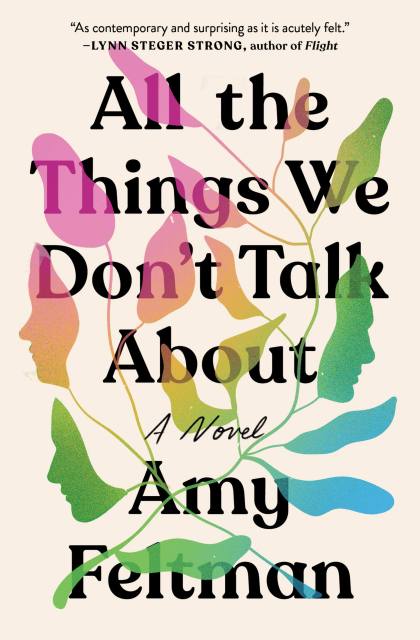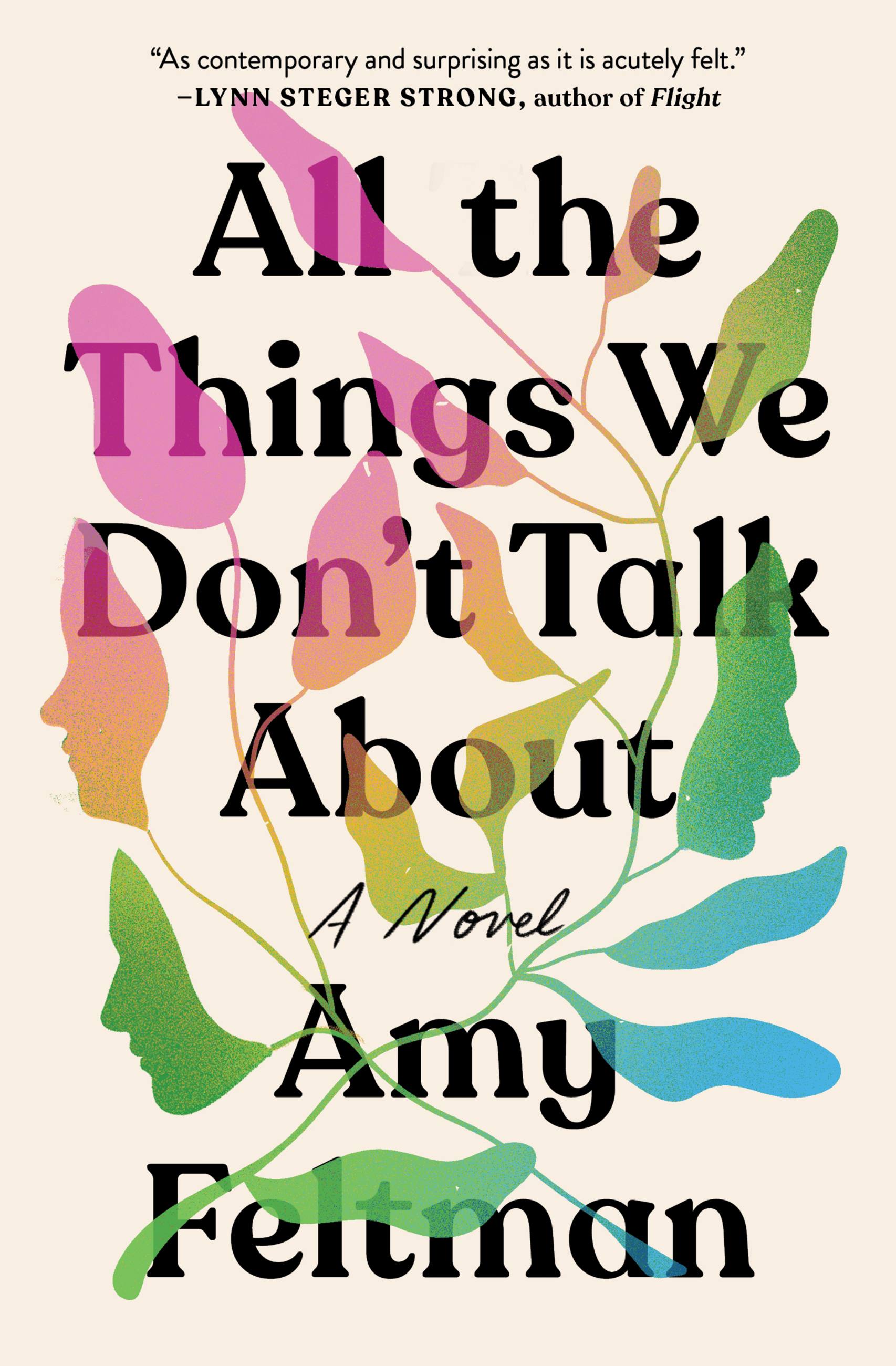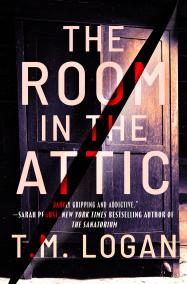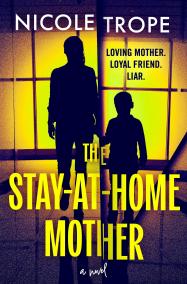By clicking “Accept,” you agree to the use of cookies and similar technologies on your device as set forth in our Cookie Policy and our Privacy Policy. Please note that certain cookies are essential for this website to function properly and do not require user consent to be deployed.
All the Things We Don’t Talk About
Contributors
By Amy Feltman
Formats and Prices
- On Sale
- May 24, 2022
- Page Count
- 352 pages
- Publisher
- Grand Central Publishing
- ISBN-13
- 9781538704714
Price
$11.99Price
$15.99 CADFormat
Format:
- ebook $11.99 $15.99 CAD
- Audiobook Download (Unabridged) $24.99
- Trade Paperback $17.99 $22.99 CAD
This item is a preorder. Your payment method will be charged immediately, and the product is expected to ship on or around May 24, 2022. This date is subject to change due to shipping delays beyond our control.
Buy from Other Retailers:
Morgan Flowers just wants to hide. Raised by their neurodivergent father, Morgan has grown up haunted by the absence of their mysterious mother Zoe, especially now, as they navigate their gender identity and the turmoil of first love. Their father Julian has raised Morgan with care, but he can’t quite fill the gap left by the dazzling and destructive Zoe, who fled to Europe on Morgan’s first birthday. And when Zoe is dumped by her girlfriend Brigid, she suddenly comes crashing back into Morgan and Julian’s lives, poised to disrupt the fragile peace they have so carefully cultivated.
Through it all, Julian and Brigid have become unlikely pen-pals and friends, united by the knowledge of what it’s like to love and lose Zoe; they both know that she hasn’t changed. Despite the red flags, Morgan is swiftly drawn into Zoe’s glittering orbit and into a series of harmful missteps, and Brigid may be the only link that can pull them back from the edge. A story of betrayal and trauma alongside queer love and resilience, ALL THE THINGS WE DON’T TALK ABOUT is a celebration of and a reckoning with the power and unintentional pain of a thoroughly modern family.
Genre:
-
"Your typical modern family drama has NOTHING on this big-hearted novel."Cosmopolitan
-
"This coming-of-age story is achingly tender and will remind readers of any age what it's like to be a teen who wears their heart on the outside."Good Housekeeping
-
"All the Things We Don't Talk About is big-hearted, humane, and governed by a keen emotional intelligence; Feltman has deftly drawn a lively and expansive portrait of a family that I grew to love and was sad to leave. "Claire Lombardo, New York Times bestselling author of The Most Fun We Ever Had
-
"As contemporary and surprising as it is acutely felt, Amy Feltman's All The Things We Don't Talk About explores all the ways we get in our own way as we try and fail and try again to care for one another, how love that's flawed can still be fierce and true, worth fighting for."Lynn Steger Strong, author of Want
-
“Serving up nuance, ambivalence, texture, and joy with a splash of humor, All the Things We Don't Talk About is the queer domestic novel of my dreams. It's all here--the ways families are evolving and must evolve into our increasingly liberated and uncertain future, deep examinations of class privilege, and deeply moving characters.”Emma Copley Eisenberg, author of The Third Rainbow Girl
-
"All the Things We Don’t Talk About is a deeply moving, intimate family saga, and one of those rare novels that is attuned to the smallest shifts within each character. Amy Feltman is a master storyteller and keeps us on our toes until the very end."Sanaë Lemoine, author of The Margot Affair
-
"[A] nuanced portrait of a nonbinary teen’s coming-of-age amid intense family dynamics. . . Feltman brings empathy and moments of grace to her characters. This is worth a look."Publishers Weekly
-
"[T]he complex relationship between Morgan and Julian places this novel solidly in the category of worthwhile reads. . . A multidimensional family drama."Kirkus Reviews
-
"Feltman’s writing succeeds in depicting each of these characters with nuance and grace. . . [R]eaders are sure to find characters to root for and identify with."Booklist
-
“Original and layered, this evocatively modern story centers a nonbinary teen, their neurodivergent father and the woman who abandoned them both, who unexpectedly returns out of the blue.”Ms. Magazine
-
"Following her 2019 debut novel, Willa & Hesper, a carefully wrought story about two young women falling in love, Amy Feltman’s All the Things We Don’t Talk About is a book fans have been anxiously waiting for. And one that will likely win Feltman some new ones."Xtra Magazine
-
“Are you tired of cookie-cutter family dramas? You don’t have to worry about that with All The Things We Don’t Talk About. . . Feltman’s portrait of complex familial relationships is deeply absorbing and emblematic of the complicated nature of love.”Buzzfeed
-
PRAISE FOR WILLA & HESPERNew York Times Book Review
"A debut novel for those who loved Everything is Illuminated but updated with a queer-young-romance- twist. The title characters in Amy Feltman's Willa & Hesper find solace from their breakup in the rabbit holes of their European Jewish background." -
"A haunting story of aching love and grief, desire and hope. . . Willa & Hesper, is the story of such a love, and so, of course, it is also the story of heartbreak and longing, searches for identity, struggles to make sense of the world and of each other."Nylon
-
"After crystallizing in the thrill of a new relationship, Feltman adeptly captures each progression of the stages of heartbreak. This is a cathartic break-up read if there ever was one."Refinery29
-
"Willa & Hesper is a novel with a beating heart, a love story that is also an intricate love affair with time, history, religion and inheritance. In fresh and captivating prose, and spanning three vibrantly-rendered countries, Amy Feltman's debut enthralled me."Chloe Benjamin, New York Times bestselling author of The Immortalists
-
"This debut is tender and tough, startlingly intimate, yet attuned to the larger troubles of our current political moment. A moving portrait of two young women, reckoning with themselves and their world, in hopes of finding their way back to one another."Naima Coster, New York Times bestselling author of What's Mine and Yours
Newsletter Signup
By clicking ‘Sign Up,’ I acknowledge that I have read and agree to Hachette Book Group’s Privacy Policy and Terms of Use







